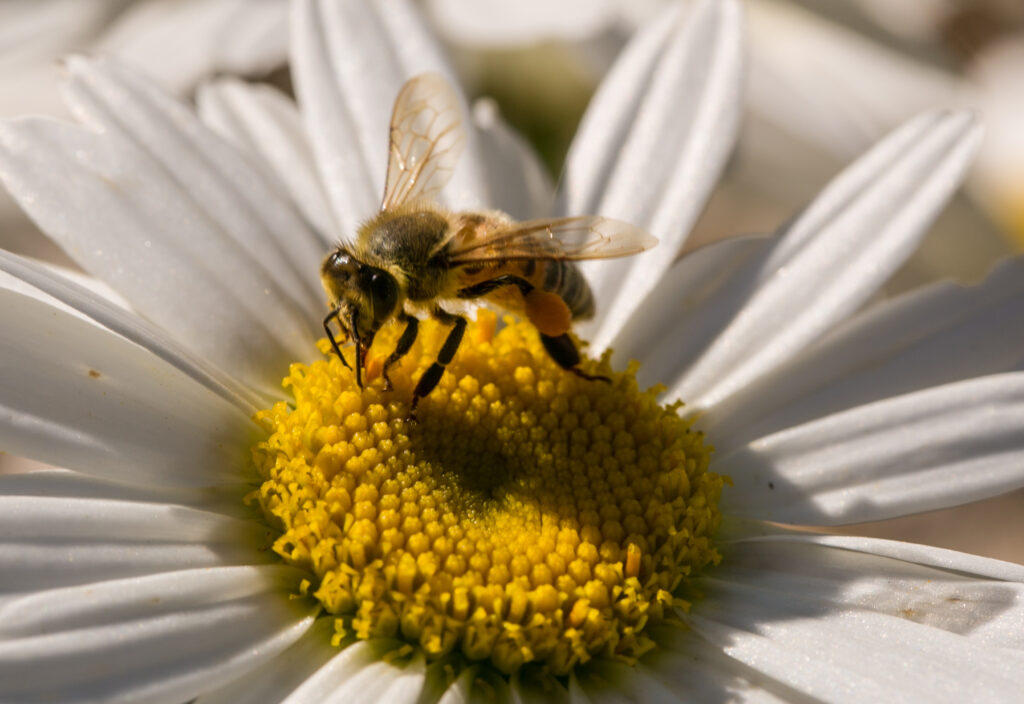Growing in Harmony with Nature – by Don Wallace, Partner
These days, sustainability is a common buzzword in the Dry Creek Valley and beyond. For growers and consumers alike, it’s a good thing that living a sustainable life is a part of our daily lexicon. By adopting more environmentally responsible farming and business practices, we up the odds of survival for our irreplaceable Planet Earth.
Now that Dry Creek Vineyard has officially been recognized as a Certified California Sustainable Winery, it’s important that we educate both consumers and the trade on what it means to be sustainable. At its core, the sustainability movement rests on the principle that we must find new ways to satisfy our present needs without compromising the ability of future generations to meet their own needs. To put it another way, sustainability is not the destination, sustainability is the journey. Dry Creek Vineyard offers a microcosmic example of this theory. Because we are vitally concerned that our children, Taylor and Spencer, have the choice of following in our footsteps here, we must focus on the long term health of our winery and vineyards and help raise community awareness about the concept of sustainability.
An all encompassing ideal, having a sustainable business is reflected in all aspects of our winery including:
• Cover crops
• Raptor perches
• Deficit irrigation
• Hi-tech pest control
• Riparian habitat management
• Bat houses
• Barn owl habitat
• Solar power
• Insectary garden and educational vineyard walk
• Fish habitat restoration project
As a result of our commitment to environmental issues, we are deeply involved in determining future sustainable farming policies. Along with other wine industry leaders, we are working to develop clear and realistic guidelines to help all growers embrace the principles of sustainable agriculture. All of us at Dry Creek Vineyard believe it’s important to be good stewards of the land. Our upfront commitment to sustainable farming may be costly and time consuming. But in the long term, it is what’s good for the land and all humankind.


